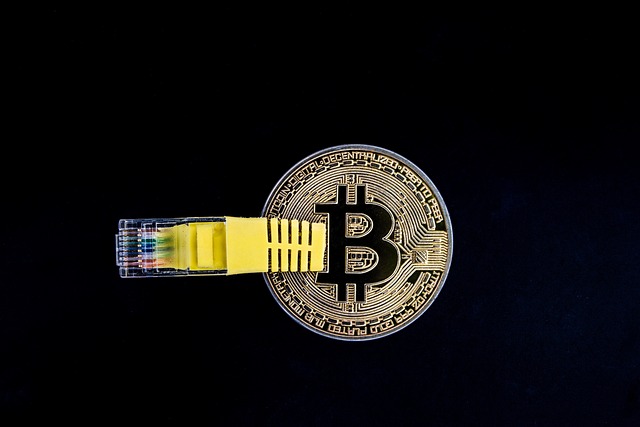Decentralized Finance, or DeFi, is making waves in the financial world. Imagine a system where traditional banking and financial services are replaced by decentralized, blockchain-based platforms. That’s the essence of DeFi. An innovative movement reshaping how we think about and interact with money. With DeFi, you can also take advantage of the best done for you crypto airdrops, which provide a unique way to receive and benefit from new cryptocurrencies without the need for traditional intermediaries. Let’s explore what DeFi is, how it’s transforming traditional finance, and what this could mean for you.
What Is Decentralized Finance (Defi)?
Decentralized Finance (DeFi) is a broad term that encompasses a range of financial services and products built on blockchain technology. These networks are built on blockchain platforms, primarily Ethereum, which allow for the creation and execution of smart contracts.
Key Components of DeFi:
- Decentralized Applications (dApps): Applications that run on a blockchain network rather than on centralized servers. They provide various financial services, from lending and borrowing to trading and investing.
- Stablecoins: Cryptocurrencies are designed to maintain a stable value by being pegged to a reserve of assets, like the US dollar. They provide stability in the volatile world of crypto.
How DeFi is Transforming Traditional Finance
DeFi is revolutionizing the financial industry by offering alternative ways to access financial services without relying on traditional banks and financial institutions. Here’s how:
Increased Accessibility
One of the biggest advantages of DeFi is its accessibility. Traditional financial services often require a bank account, a good credit score, or proof of income. This democratizes access to financial services, especially for individuals in underserved or underbanked regions.
Lower Costs
DeFi eliminates the need for intermediaries, such as banks or brokers, which can reduce fees and costs associated with financial transactions. For example, decentralized lending platforms might offer lower interest rates and reduced fees compared to traditional banks. This cost-effectiveness can be particularly beneficial for those who frequently engage in financial transactions or need access to credit.
Greater Control and Flexibility
DeFi platforms give users greater control over their financial assets. For example, you can manage your investments, loans, and savings directly through decentralized applications without relying on a third party. This flexibility allows for more personalized and immediate financial management.
Innovation and New Financial Products
DeFi is fostering innovation by introducing new financial products and services. For instance, users can earn interest by providing liquidity to decentralized exchanges or engage in yield farming to maximize returns. These novel financial instruments offer opportunities that are not typically available in traditional finance.
Challenges and Considerations
While DeFi holds immense promise, it’s important to be aware of its challenges and considerations:
Security Risks
Smart contracts and DeFi platforms are built on code, which can be susceptible to bugs or vulnerabilities. Security breaches and hacking incidents have occurred, leading to the loss of funds. It’s crucial to use reputable platforms and practice good security hygiene, such as using strong passwords and enabling two-factor authentication.
Regulatory Uncertainty
DeFi operates in a relatively new and evolving regulatory landscape. Governments and regulatory bodies are still figuring out how to address the challenges and opportunities presented by DeFi. This uncertainty can impact DeFi’s future and integration with traditional financial systems.
Volatility
Cryptocurrencies and DeFi products can be highly volatile. Prices can fluctuate significantly, which may lead to substantial gains or losses. It’s important to understand the risks and have a clear strategy before investing in DeFi.
In Conclusion
Decentralized Finance (DeFi) is transforming the financial world by offering more accessible, cost-effective, and transparent alternatives to traditional financial services. While it presents exciting opportunities, it’s important to approach DeFi with an understanding of its risks and challenges. By staying informed and cautious, you can navigate this evolving space and make the most of what DeFi has to offer. Whether you’re new to the world of decentralized finance or a seasoned participant, the rise of DeFi is a trend worth watching.

